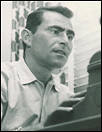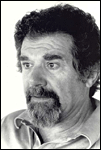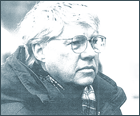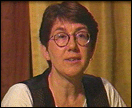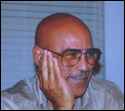A sampling of people in the arts that came from or through Yellow Springs, Ohio
| This is a work in progress. This is not intended to be a
complete listing, but a reasonable
representation of major contributors to the arts community who were also residents of the
town. Please email
any corrections, updates, additions, or suggestions to Tim Eschliman at |


